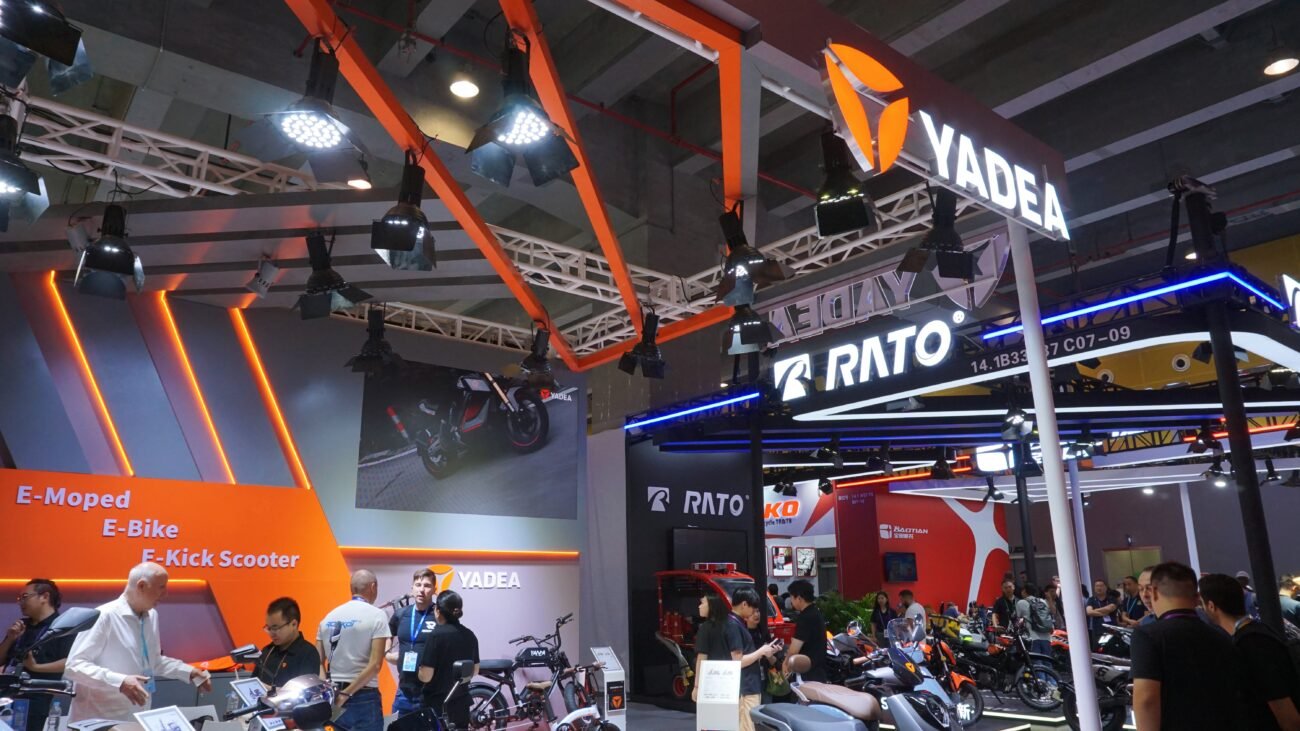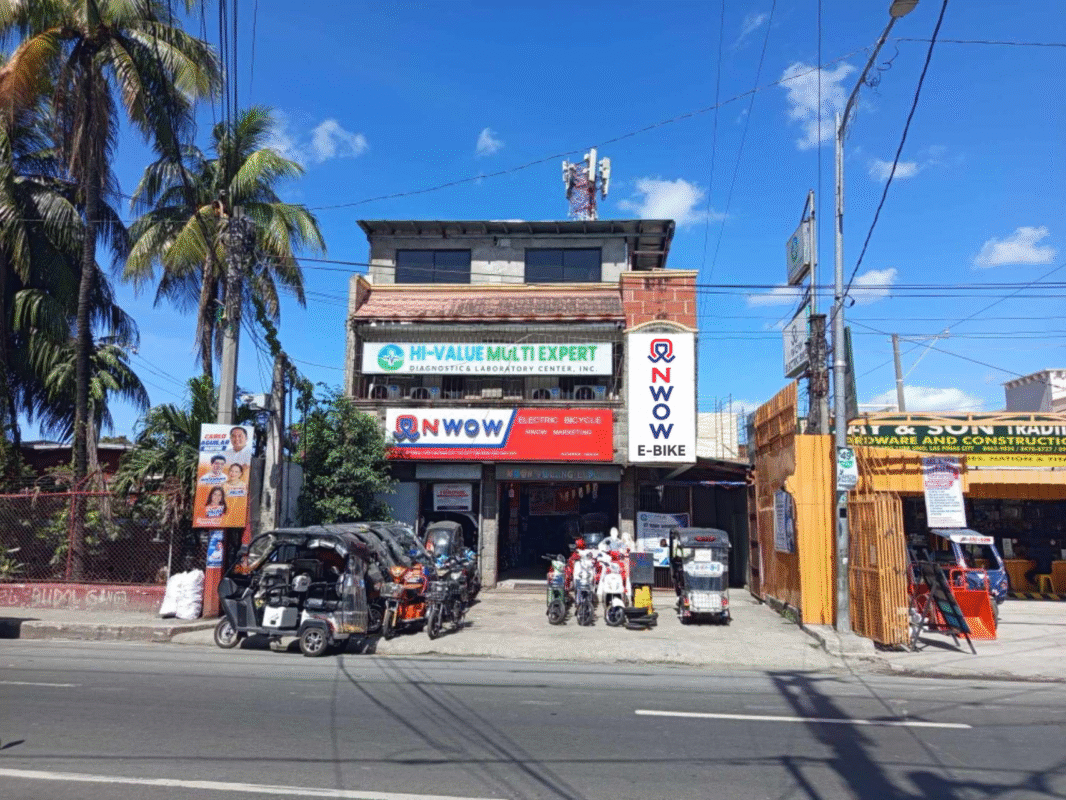
This year, two-wheeled electric vehicles (hereinafter referred to as “e-bikes”) from Wuxi, Jiangsu Province, have been traveling even further. In Argentina—22,000 kilometers away from China—people are already riding Made-in-China e-bikes for their daily commute.
On March 20, 2025, Wuxi hosted the “High-Quality Overseas Expansion Signing Ceremony for E-Bikes”. The event attracted 29 international buyers from 21 countries, including Saudi Arabia, Turkey, and Mexico. Deals reached over USD 28 million, successfully opening new opportunities in South America, Eastern Europe, and the Middle East.
Known as the “Hometown of E-Bikes”, Wuxi’s Xishan District accounts for about one-third of China’s e-bike industry. Over 600 enterprises are clustered here, forming the most complete global supply chain for e-bikes and components. Six of China’s top ten e-bike manufacturers are headquartered in this district.
In recent years, more than 200 local companies have joined the wave of overseas expansion. In 2024 alone, Wuxi exported 1.26 million e-bikes—a 68.8% increase year-on-year—and overall e-bike exports totaled USD 600 million, up 40.9%. On average, 2.4 e-bikes were exported every minute from Wuxi to the world.
“E-Bikes Are One of China’s Best Products”
The export momentum has been remarkable. Leading brands like Yadea have surpassed 100 million global sales, with networks covering about 100 countries. In Vietnam alone, Yadea operates over 700 retail outlets.
Rising stars are also making breakthroughs. Jiangsu Nwow Technology, relatively unknown domestically, now holds 70% of the Philippine e-bike market, with three factories and 350 retail outlets. In January 2025, its overseas orders doubled compared to the same period last year, with annual exports exceeding USD 10 million.
Foreign buyers are equally optimistic. “These e-bikes are among the best products China offers,” said a Russian buyer, noting that electric motorcycles and scooters are popular in Russia due to their quiet performance. Her goal was to find Chinese suppliers to import into Russia for both retail and rental markets.
According to Market Research Future, the global e-bike market is expected to surpass USD 100 billion by 2030.
This growth is strongly supported by government policy. In 2024, Wuxi subsidized participation in 57 overseas exhibitions, helped 35 enterprises expand abroad, and organized market surveys in Uzbekistan and Kyrgyzstan.
Going Out: Product Expansion
With domestic markets reaching saturation and international demand for eco-friendly, lightweight mobility growing, Chinese e-bikes are rapidly expanding overseas.
By 2023, China’s e-bike ownership had exceeded 400 million units, averaging one e-bike for every three Chinese citizens. While commonplace in China, e-bikes remain a rare commodity abroad. In Southeast Asia, motorcycles dominate due to their durability on rough roads, but government restrictions on gasoline motorcycles (to curb carbon emissions) are driving a switch to electric mobility.
The roots of China’s e-bike industry lie in the motorcycle sector itself. Local restrictions on gasoline motorcycles—the “motorcycle bans”—accelerated the birth of the e-bike industry. Over 20 years, Wuxi’s e-bike cluster has grown into a national industrial hub.
Entrepreneurs spotted this opportunity early. In 2009, Guo Dechuan, founder of Mifun International Trade, noticed the heavy motorcycle smog in Vietnam. By 2012, he pivoted fully into e-bike exports, with Vietnam as his first market. Back then, only students and young mothers were willing to try electric bikes.
By 2016, demand surged, and Guo moved his headquarters to Wuxi. The same year, Wuxi’s e-bike cluster was recognized as a National Foreign Trade Transformation and Upgrade Base. The 2021 global spike in oil prices further boosted orders, drawing waves of new exporters into the industry.
By 2023, Southeast Asian governments launched purchase subsidies for e-bikes, accelerating the shift from oil to electricity. That year, Vietnam saw its worst motorcycle sales in 15 years, while e-bike sales rose sharply. The Philippines also introduced zero import tariffs on e-bikes and parts, boosting demand.
Taking Root: Brand Globalization
As expansion deepens, branding has become the next battlefield.
In the past, most Chinese manufacturers relied on OEM/white-label exports, capturing only processing margins. “OEM means we earn little while foreign brands take most of the profit,” said Shen Yu, Secretary-General of the Wuxi E-Bike Trade Association and Executive Director of Yadea.
Now, companies are shifting to building their own brands. ZXTec Motorcycles, for instance, sold e-bikes to over 100 countries via OEM, but since 2022 it has invested in developing its own brand presence. It has since opened factories in Indonesia and Thailand and entered the U.S. market.
Branding brings higher returns but also bigger challenges. In many countries, motorcycles remain dominant, and Japanese brands hold strong market share. Chinese e-bike brands are fighting to gain visibility in this competitive space.
To support enterprises, Wuxi’s trade association and e-commerce industrial parks are working with foreign governments on tariffs, licensing, and market access issues. For example, Uzbekistan’s new $250 e-bike registration fees recently dampened local demand. The association is now lobbying for solutions through diplomatic channels.
Looking ahead, the association plans to establish after-sales service centers in Europe, shared by multiple Wuxi companies. “A single enterprise can’t afford such infrastructure, but shared service centers will boost both customer confidence and brand reputation,” Shen Yu explained.
Spreading Culture: Social Impact Abroad
Beyond trade, overseas factories and retail networks are reshaping communities.
-
In Indonesia, ZXTec created 300+ local jobs and brought along upstream suppliers such as paint and frame factories.
-
In the Philippines, Nwow’s 3 factories employ over 3,000 workers, paying 20% above local averages, while also localizing supply chains.
Cultural exchange is also key. Nwow annually invites overseas staff from the Philippines, Sri Lanka, Thailand, Cambodia, and France to visit China, experiencing Chinese culture firsthand.
Such efforts are shifting consumer behavior. In the Philippines, workers initially preferred daily cash wages, often skipping work after payday. Over time, influenced by Chinese colleagues, many shifted to weekly or monthly pay cycles, adopting habits of saving money.
For many local families, switching from motorcycles to Chinese e-bikes has brought cleaner air and significant savings. One Indonesian couple replaced their motorcycle with two Chinese e-bikes—at less than half the cost of one motorcycle.
Today, Wuxi’s e-bike companies operate 2,000+ overseas retail outlets and 20+ manufacturing bases across more than 40 countries, with 50+ models certified by EEC and other international standards each year.
E-bikes are becoming a new symbol of “Made in China”, serving not only as export goods but also as a vehicle for sustainable living and cultural exchange worldwide.
Source: China Youth Daily





